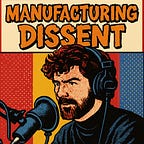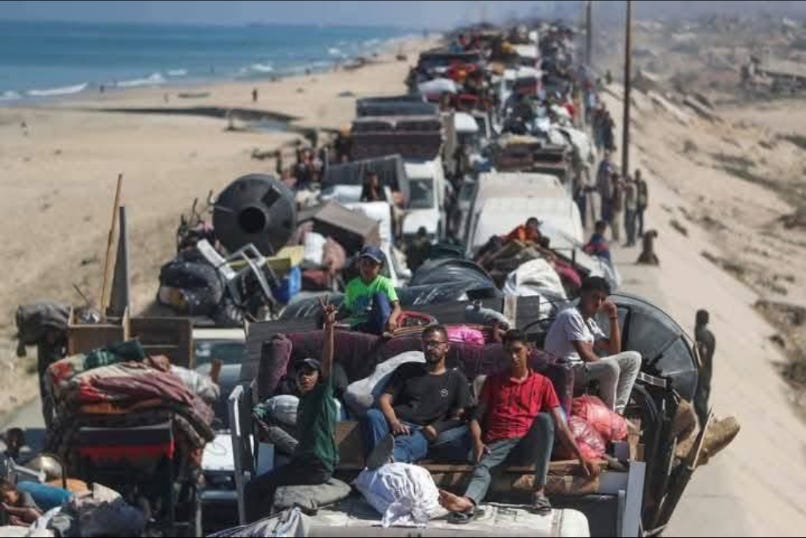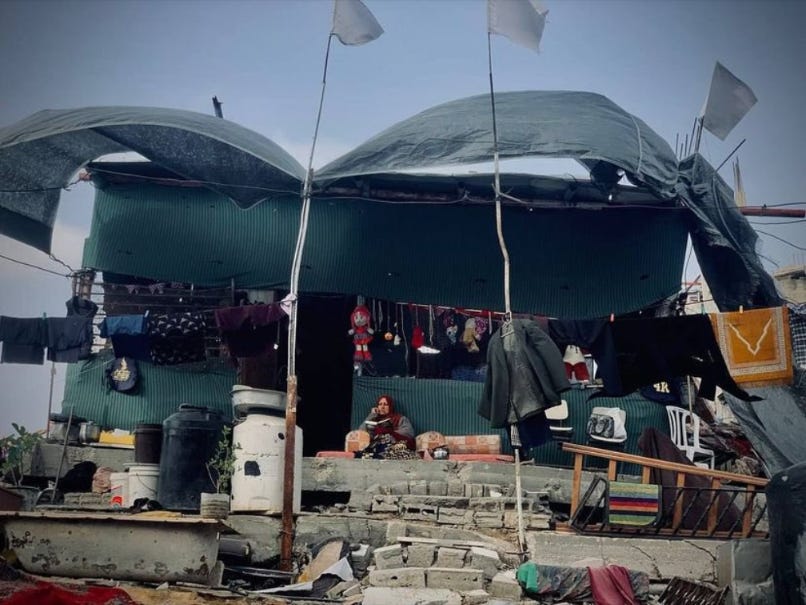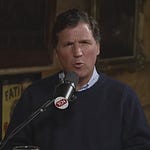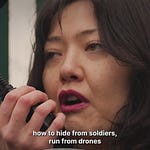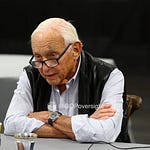In the world’s weary gaze on Gaza, the spotlight falls, rightfully, on the fragile forms of women and children—their suffering a siren call for justice. But in the shadows of this narrative, the men—the fathers, brothers, husbands—stand as silent sentinels. They are the ghosts of this story, their valor eclipsed, their agony unspoken. These are not militants or faceless shadows, but flesh-and-blood guardians whose every breath is an act of defiance, every step a vow of loyalty to family and land. Their courage roars like thunder, their resilience a quiet flame that refuses to be extinguished. Yet the sorrow they carry is a weight that crushes mountains, a grief that hollows souls. There is anger—how dare the world forget them, these honourable souls who shield the vulnerable with bodies broken by shrapnel and bullets? It is time to humanise them, to feel awe for their unbreakable spirit, fury at the injustice that demands their silence, and profound sorrow for their untold losses.
Forged in Fire: The Crucible of Resilience
Imagine the dust-choked streets of northern Gaza, where the air tastes of iron and despair. There, a man emerges from the maw of rubble, not once, but twice—his body a map of scars from bombardments that spared him by cruel whim. He has undergone a colectomy, his innards rearranged by a first blast, yet he smiles—a miracle of resolve—as rescuers pull him free, his voice a whisper of thanks. This is the resilience of Gaza’s men: not superhuman, but achingly human, clawing life from death’s jaws.
Consider Mohammed, trapped for 23 days under the wreckage of his home. He survived on brackish water, his hands clawing at dirt and concrete until he heard the voices of civil defense workers. “I survived,” he gasped when they found him, but his eyes told the true cost—the relentless thirst, the fear that clawed at his mind. This same fierce will is seen in Youssef, a father who rebuilt his small shop after a 2024 bombing, only to lose his teenage son to a drone strike while the boy fetched water. Yet, Youssef did not crumble. With trembling hands, he cleared the debris again, setting up a tent amid the ruins to sell what remained, all for the sake of his surviving daughter. Their resilience is a quiet rebuke to despair, a testament to a spirit that war cannot break.
The Honor of the Unyielding: Loyalty in the Face of Annihilation
Honor in Gaza is not an abstract concept; it is a blood oath, a fierce, unbreaking chain linking family to homeland. It is embodied in men like Mohammed Hussein, a 30-year-old, THREE ZERO, MBA holder now scribbling lessons from a tent’s dim light. He writes that manhood here means “carrying water through sniper fire, hoisting children on shoulders fleeing bombs, burying pain deep to shield the innocent.” His words are both a balm and a blade, revealing a loyalty that costs everything.
This loyalty often falls on the young, thrust into roles they should never have to bear. Take Omar, just 17, who became the head of his household after his father was killed in a hospital strike. He dodged shells to find flour, soothed his siblings with stories under drone-filled skies, and assured his mother, “Don’t worry.” A sniper’s bullet stole him mid-errand, his body returned in a blanket, his mother’s cry—“My boy, my strength!”—echoing as a permanent wound. Or consider Hassan Alloush, who returned from work to find his entire family—parents, siblings, wife, and one-year-old son—obliterated in a single strike. He did not rage; he stood by the hospital slabs, holding his son’s tiny hand, as if touch could defy the void. Their loyalty is love’s last stand, an honor that persists even as grief devours.
Grief’s Cruel Forge: Fathers Bereft, Husbands Hollowed
The sorrow of Gaza’s men is a private inferno, a grief that twists like shrapnel in the gut. It is the weight of entire families erased in airstrikes—generations gone in heartbeats, leaving fathers to cradle ghosts. Ahmed al-Naouq lost his brother, father, and more in one blast; Ramzy Abu al-Qumssan buried his wife Asmaa and five-year-old daughter Nur alongside 15 relatives. These men live through the unimaginable: mornings without children’s laughter, nights replaying the explosions that stole them.
For husbands, the loss is equally devastating. Bassam, injured in a 2025 strike, lost his wife to the same bomb that mangled his arm. Nightmares replay her screams, yet he wakes to face his children’s hungry eyes, hiding his pain to be their rock. In the queues for aid, a father in his fifties confesses that his sons lie under rubble, leaving him to queue alone for a little girl left with kin. Another muffles sobs; his son vanished in a raid, his fate—prison or grave—unknown. These men, loyal to the last, grieve not just the loss but the crushing duty to persist without their loved ones. “We rose as mourners,” one doctor confesses, his voice cracking as he tends the wounded while his own world lies in ruins.
Wounds That Bind: Providing Through Pain
Even with bodies torn by war, Gaza’s men rise to provide—debilitated limbs be damned. Shrapnel shreds legs, yet men like Mohammed Jaber Shaqliya, 35, limp miles for water, their backs a knot of agony from strikes that felled their families. His five children stare hungry from a rented tent; his youngest seizes from malnutrition. Physical therapy is a dream deferred, but he walks—each pained step for flour a testament to a love stronger than pain.
In crumbling clinics, a man with a leg teetering on amputation from explosive rounds screams not in defeat, but desperation for painkillers. With 40% of Gaza’s youth maimed, they still hunt for sustenance. Sami, displaced five times, pushes his elderly mother in a cart through shell-lit nights, explosions flashing like accusations. “We are being exterminated,” he whispers, his voice raw. Ehab, a father of four, lost his home and leg but still combs debris for scraps to feed his kids, malnutrition a constant specter. Their wounds are not weaknesses; they are badges of a duty that refuses to surrender, a persistence that borders on the miraculous.
Echoes of the Forgotten: A Call to See Them Whole
The men of Gaza are not footnotes; they are the spine of a people, their courage a beacon in barbarity’s night. They are the providers pierced by loss, the loyal hearts armored in quiet fury. Naji Hassan, sole survivor of his kin, clutches coffee like a lifeline: “I eat alone... but I didn’t survive anything.” Yet he endures—for them, for Palestine.
In the queues of sorrow, amid the rubble’s whisper, they stand. Their story demands not pity, but justice—a roar to remember the pillars holding Gaza’s sky aloft. Let us rage with them, weep their tears, and marvel at their might. The world must see: these men are fathers unbroken, husbands eternal, sons of a land that bleeds but never bows. They are the unseen, the unwavering, the unforgettable. It is time the world saw them whole.
The stories of these men, their resilience, their greif, and their unyielding love for their family and land, demand to be told with honest and all heart. It is our responsibility to weave those details into a narrative that honours their living reality.
Thank you for caring enough to read. Share your thoughts for these brave men.


